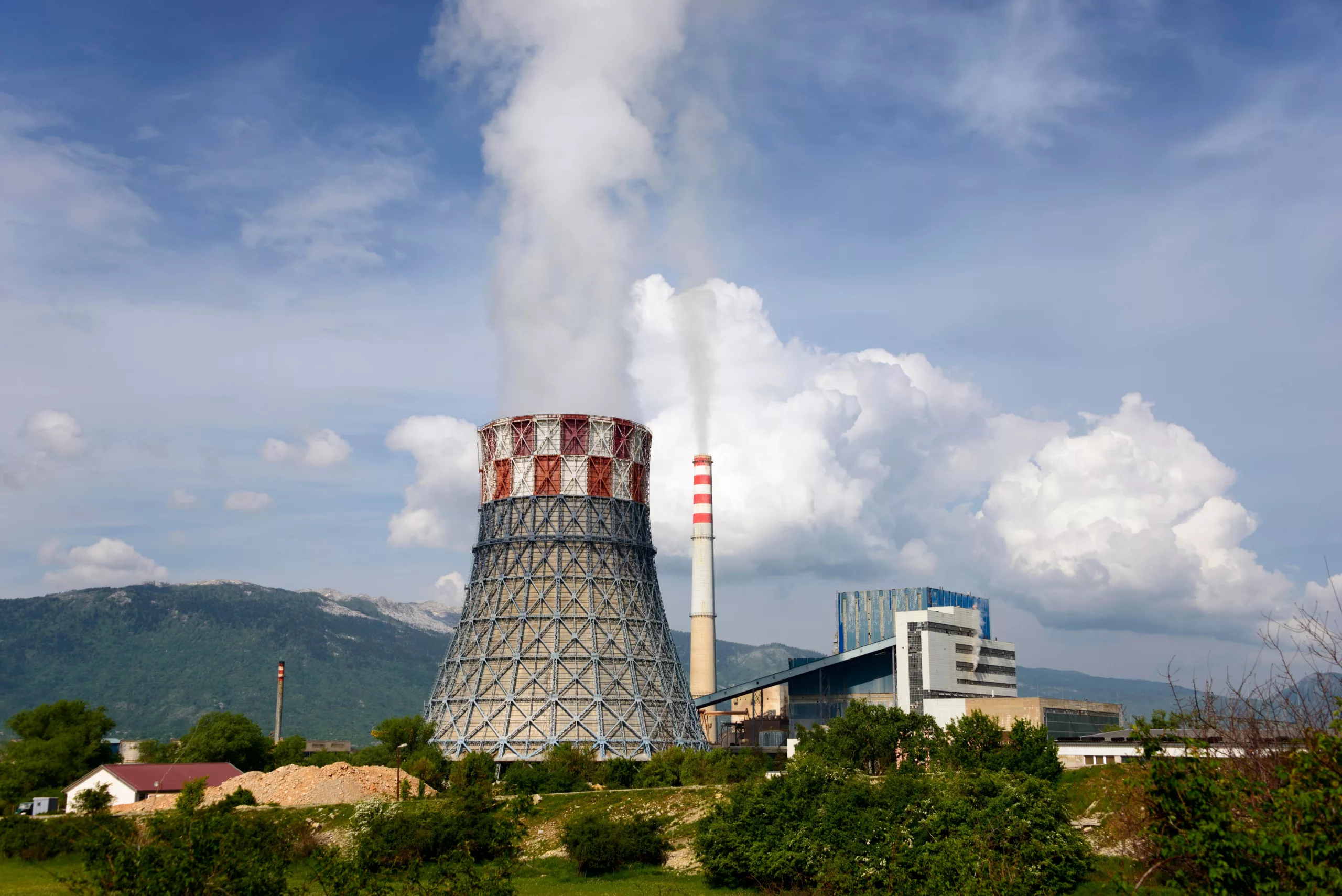TERPEIS Balkan – Emissionen in energieintensiven Sektoren senken
Nationale Klimapolitiken in den Staaten des Westbalkans an EU-Vorschriften anpassen und Kapazitäten zur Förderung der Dekarbonisierung aufbauen.
Emissionshandel (ETS) Klimapolitik

Infos zum Projekt
Albanien, Bosnien und Herzegowina, Serbien
11/23 - 03/26
Nichtregierungsorganisationen, Bildungseinrichtungen, Privatsektor, Nationale Regierungen
402.326,06 €
Kontakt
Kim Coetzee
- REIC - REGIONAL EDUCATION AND INFORMATION CENTER FOR SUSTAINABLE DEVELOPMENT IN SOUTH-EAST EUROPE
- Renewables and Environmental Regulatory Institute (RERI)
- THE RESOURCE ENVIRONMENTAL CENTER ALBANIA
Hintergrund
Die Europäische Union will bis 2050 klimaneutral werden. Diesem Ziel haben sich Bosnien und Herzegowina, Serbien und Albanien angeschlossen und sich zu einer CO2-Neutralität bis 2050 verpflichtet. Sie haben zudem die Grüne Agenda für die westlichen Balkanstaaten (GAWB) unterzeichnet, die die Kernforderungen des Europäischen Grünen Deals umfasst. Damit müssen die drei Länder bestimmte Auflagen erfüllen, unter anderem jeweils einen nationalen Energie- und Klimaplan (National Energy and Climate Plan, NECP) vorlegen. Allerdings fehlt es ihnen an soliden politischen Instrumenten, um den Übergang zu umweltfreundlicher Energie und die Eindämmung des Klimawandels anzugehen. Das EU-Emissionshandelssystem (ETS) und der CO2-Grenzausgleichsmechanismus (Carbon Border Adjustment Mechanism, CBAM) sind Mechanismen, die für diese Länder im Rahmen ihrer bestehenden Energie- und Klimastrategien nicht adressiert sind. Bei der Entwicklung klimapolitischer Strategien wird in den drei Ländern die Zivilgesellschaft oft nicht eingebunden.
Projekt
Das Projekt ergänzt bestehende regionale Initiativen, insbesondere die GAWB, um eine wissenschaftliche und soziale Bottom-up-Komponente. Es nutzt das Ziel des GAWB als Basis um, Optionen für die Einbeziehung der Westbalkanländer in das EU-Emissionshandelssystem auszuloten. So trägt es zu einer ambitionierteren Klimapolitik in den drei Ländern und zu nationalen Anpassungen an EU-Verordnungen zur Klimaneutralität bei. Hierfür werden die Entwicklung ehrgeizigerer NECPs, nationale Klimabeiträge (Nationally Determined Contributions, NDCs) und langfristiger Strategien für den Beitritt zum EU-Emissionshandelssystem unterstützt.
Teile der Zivilgesellschaft beteiligen sich an der Formulierung und am Monitoring der nationalen Klimapolitiken, um so die politischen Prozesse in den drei Ländern zu verbessern. Wie diese Rolle ausgefüllt werden kann, erlernen Vertreter*innen der Zivilgesellschaft im Rahmen von Workshops, Seminaren und gezielten Interviews. Um diesen Prozess zu unterstützen, werden in Absprache mit Vertreter*innen der relevanten Sektoren, Szenarien zur Eindämmung des Klimawandels erstellt und weiterentwickelt.
Das Projekt unterstützt Politiker*innen, Unternehmen, die Zivilgesellschaft und die Wissenschaft dabei, ihre analytischen Fähigkeiten in Bezug auf Klimawandel zu verbessern. Damit erleichtert es die Anpassung der Klima- und Energiepolitiken der drei Ländern an das EU-Emissionshandelssystem und die CBAM. Es sollen dadurch die Emissionen der Stahl-, Zement-, Energie- und Chemieindustrie verringert werden.
Das Projektteam etabliert einen Expert*innenrat mit Mitgliedern aus Ländern des Balkans. Es wird für die drei Länder relevante Beispiele für bewährte Verfahren zur Verringerung von Treibhausgasemissionen in den vom EU-Emissionshandelssystem erfassten Sektoren verbreiten.
Letzte Aktualisierung: Juli 2024
